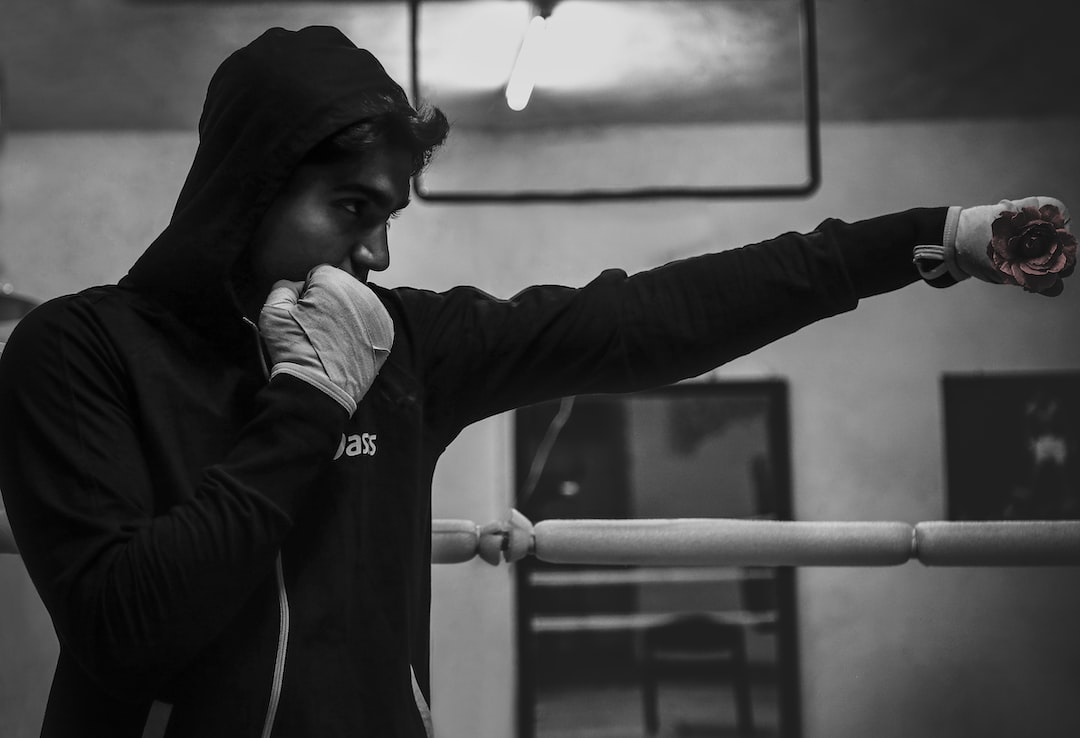The Role of Breathing Techniques in Sports Performance
When it comes to excelling in sports, most athletes focus on their physical strength, endurance, and technique. However, there is one crucial aspect of performance that is often overlooked – the role of breathing techniques. Proper breathing not only affects an athlete’s performance, but it can also promote mental clarity and overall well-being. In this blog post, we will delve into the importance of incorporating breathing techniques into sports training and how it can significantly impact an athlete’s performance.
Firstly, it is important to understand the role of oxygen in the body during physical activity. As we engage in intense exercise, our muscles require more oxygen to function optimally. Inadequate oxygen supply can result in fatigue, decreased performance, and even injury. Therefore, adopting appropriate breathing techniques can help maximize oxygen intake and distribution to the muscles, leading to improved performance.
One of the most common mistakes athletes make is shallow breathing. Shallow breathing refers to taking quick, short breaths, usually from the chest, instead of deep, diaphragmatic breaths. This type of breathing restricts the amount of oxygen that reaches the muscles and decreases the efficiency of the body’s energy systems. On the contrary, deep breathing, also known as belly breathing or diaphragmatic breathing, utilizes the full capacity of the lungs and increases oxygen intake. By practicing deep breathing techniques, athletes can enhance oxygen supply to the muscles, improving their endurance and preventing premature fatigue.
In addition to optimizing oxygen intake, breathing techniques also have a significant impact on an athlete’s mental state. Sports competitions often involve high levels of stress, pressure, and anxiety. These psychological factors can interfere with an athlete’s concentration, decision-making ability, and overall performance. By incorporating specific breathing techniques such as controlled breathing or rhythmic breathing, athletes can activate the parasympathetic nervous system, which promotes calmness, relaxation, and mental focus. This allows athletes to maintain a clear and composed mind, leading to better decision-making, reduced anxiety, and ultimately, improved performance.
Another key aspect of breathing techniques in sports performance is the ability to control and regulate one’s energy levels. Different sports and activities require varying levels of energy output, from explosive bursts of energy to sustained endurance. By consciously manipulating the breath, athletes can modulate their energy expenditure accordingly. For example, in high-intensity activities that demand quick bursts of energy, short, powerful exhalations can help release tension and engage the body’s fight-or-flight response. Alternatively, steady, prolonged exhales are beneficial in activities that require sustained energy, promoting endurance and preventing muscle fatigue. These breathing techniques are especially useful in sports such as swimming, running, and martial arts, where precise control over energy levels can make a significant difference in performance outcomes.
Interestingly, the benefits of breathing techniques are not limited to the actual time spent on the sports field. It is equally valuable during the preparation and recovery phases of training. Engaging in deep breathing exercises during warm-up routines helps stimulate the body’s relaxation response, allowing athletes to enter a focused and composed state before competing. Additionally, incorporating breathwork into the post-training or post-competition recovery phase aids in releasing muscle tension, promoting relaxation, and speeding up the recovery process. This holistic approach to training enables athletes to attain optimal physical and mental conditioning, thus positively influencing overall sports performance.
To conclude, breathing techniques play a crucial role in sports performance. From enhancing oxygen supply to the muscles, improving mental focus, regulating energy levels, and aiding in recovery, breathwork has a multifaceted impact on an athlete’s overall performance. It is essential for athletes to incorporate specific breathing exercises and techniques into their training regimen to maximize their potential and achieve their desired outcomes on and off the sports field. So, whether you are a professional athlete or an amateur sports enthusiast, do not underestimate the power of the breath – it can be the key to unlocking your full potential.


